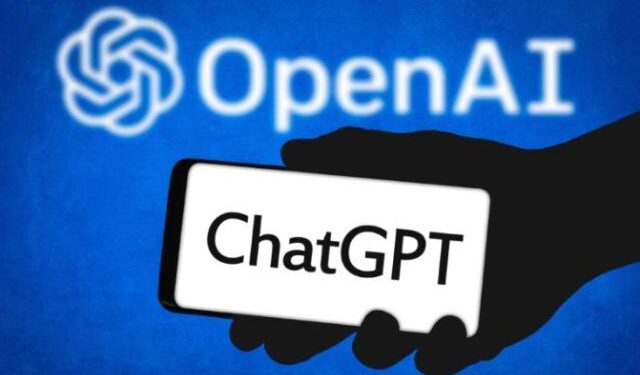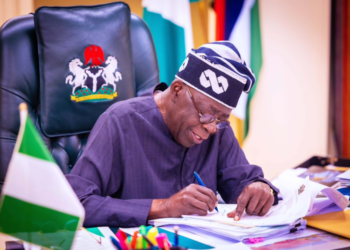After a period of uncertainty and upheaval, Sam Altman has reclaimed the role of Chief Executive Officer at OpenAI. The reinstatement follows the departure of the previous leadership that had ousted Altman, introducing three new board members in their place.
OpenAI’s board composition is currently undergoing changes, with ongoing negotiations to potentially include representation from major investors such as Microsoft, which has invested substantial funds in OpenAI.
A noteworthy shift in the board’s dynamics is the background of the new directors. Unlike the academic and research-oriented focus of the previous board, the incoming directors bring extensive experience in business and technology.
Microsoft CEO Satya Nadella expressed optimism about the board changes, stating that he is “encouraged” by the efforts to enhance governance at OpenAI. Microsoft, along with other investors like Sequoia Capital, Thrive Capital, and Tiger Global, lacks representation on the board but has been advocating for Altman’s reinstatement.
New Faces on OpenAI’s Board
Bret Taylor – Board Chair
Bret Taylor, former co-CEO of Salesforce and ex-board chair of Twitter, assumes the role of Board Chair at OpenAI. With a background in enterprise software and AI ventures, Taylor’s leadership is poised to steer OpenAI in a new direction.
Larry Summers
Former Treasury Secretary during the Clinton administration and ex-president of Harvard University, Larry Summers brings his economic expertise to the board. His connections in Washington may prove valuable as OpenAI navigates continued regulatory scrutiny.
Adam D’Angelo
Remaining from the previous board, Adam D’Angelo, CEO of Quora and former CTO at Meta (formerly Facebook), played a significant role in the negotiations leading to Altman’s return.
Departures from OpenAI’s Board
Helen Toner
A researcher and director of strategy at Georgetown University’s Center for Security and Emerging Technology, Helen Toner, was one of the directors involved in the decision to remove Altman.
Tasha McCauley
Adjunct Senior Management Scientist at Rand Corporation, Tasha McCauley, and former CEO of GeoSim Systems, stepped down from the board following Altman’s departure.
Ilya Sutskever
Co-founder and Chief Scientist of OpenAI, Ilya Sutskever, initially supported the decision to oust Altman but later reversed his stance, signing a letter demanding the board’s resignation. Despite this, he was removed from the board.
What Lies Ahead for OpenAI?
Reports suggest that Sam Altman had been advocating for an expanded board for months, indicating a potential future change in the board’s size. Microsoft’s desire for a larger and more experienced board aligns with broader efforts to enhance governance.
While the board’s composition reflects a shift toward a more conventional Silicon Valley startup structure, it doesn’t alter the fact that OpenAI remains a “capped-profit” entity owned by a nonprofit.
The changes in leadership and governance mark a crucial juncture for OpenAI, signaling a new chapter under Sam Altman’s leadership and potential transformations in the company’s strategic direction.











